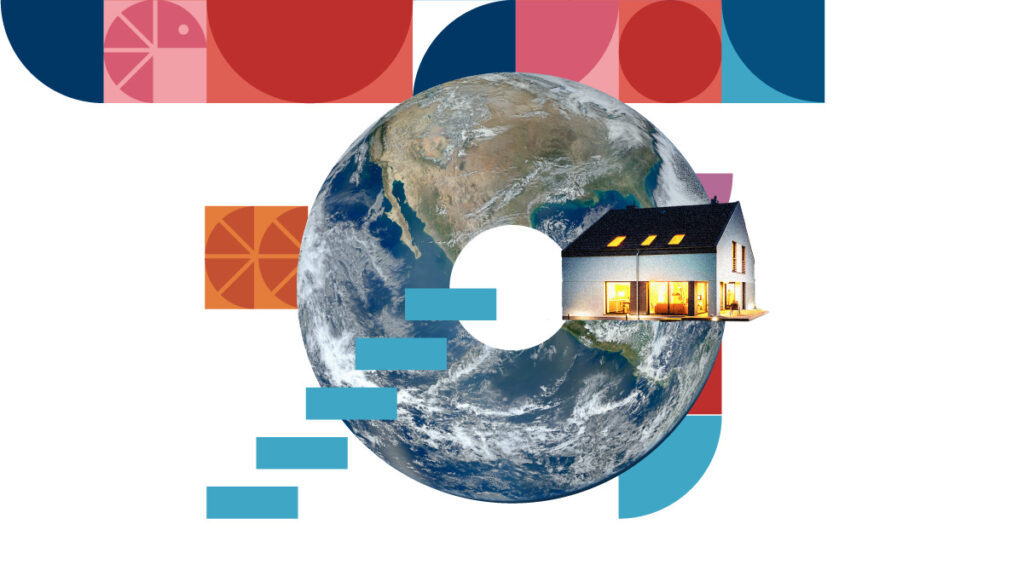Humanity has a decade to come up with solutions before the changes the world is experiencing become irreversible, and the great challenge it faces is to ensure that the prosperity to all, while respecting the limits of the planet, says Alejandro Robles Gonzalez.
The president of NOS Sustainable Northwest will participate in the Summit 2022 Mission Prosperitywhich organizes Sea of Cortez Forumwhich will be held from November 16 to 18, 2010 at Los CabosBaja California Sur.
The project to be presented by Robles González is the Prosperity Monitoring Center in the Sea of Cortezwhich is based on the Dona's Modelby the English economist Kate Raworth.
"The great challenge we have as humanity is how to achieve prosperity for all, at least as a minimum level of prosperity in the most important socio-environmental variables, and how to do this while respecting the limits that the planet imposes on us through natural laws so as not to destabilize it," he says.
What this project will do, he explains, is to create a regional economy that brings prosperity for all, but gives the planet the opportunity to regenerate itself, using resources wisely.
"In order to achieve this, we have to be able to measure it and the Monitoring Center seeks to address this first stage. Let's measure those socioeconomic variables and measure the environmental variables and, from there, let's take a first x-ray of how we are, how far or how close we are as a region within a concept that is colloquially called the donut economy, which is that safe space where we as humanity can prosper," he adds.
The floor and ceiling of prosperity
Robles González details that there are 12 socioeconomic variables to be met in order for there to be an acceptable minimum to which every human being should aspire to create a world of dignity, security and opportunity.
Socioeconomic variables
- Nutritious food for all
- Health
- Education
- Income and work
- Peace and justice
- Political voice
- Social equity
- Gender equity
- Dwelling or home
- Community or social networks
- Energy service
- Water service
He adds that the planet imposes certain limits on us: these would be the ecological ceiling that we must not exceed, because otherwise they generate problems.
Environmental variables
- CO2 emissions
- Ocean acidification due to excess carbon
- Nitrogen and phosphorus levels in aquatic systems
- Chemical contamination
- Water availability
- Change of land use
- Loss of biodiversity
- Air pollution
- Ozone layer
Growth, for what?
The expert in environmental and sustainability issues clarifies that many variables are already measured, but there is no space for the different experts or institutions in the region to do so in an integrated manner.
"We usually measure environmental on the one hand, social on the other hand, and economic on the other hand, and we give a lot of weight to one variable," he says.
As an example, he mentions a speech by Elizabeth Truss, Prime Minister of the United Kingdom, in which she said that she had only three priorities: grow, grow and grow.
"That is the part we have not understood. When we refer to growth, it means economic growth, and when we talk about economic growth, the indicator we use is GDP, that blinds us a lot, the assumption that economic growth automatically translates into prosperity is precisely what has got us into the problems we have today at a planetary level and that we have literally a decade to be able to propose solutions before the changes we experience become irreversible", he insists.
"The challenge is what is the economic model?
Robles González stresses that the project of the Prosperity Monitoring Center in the Sea of Cortez aims to bring together the efforts and talents of experts in the region who already have experience monitoring these variables, and then define the capabilities that would need to be brought together to be able to systematically produce a report on the state of the Sea of Cortés every one or two years.
"Measuring is a necessary thing, but the challenge is not in the measurement, the challenge is what is the regenerative economic model that brings things together, that focuses on prosperity, that puts the community and not the person at the center of things, that considers society, that understands the systems, that is the difficult part of design that translates into what policies we have to promote, both economic and social and environmental and in an integrated manner, so that one policy does not hit the other," he explains.
We must work on all three dimensions simultaneously to obtain results that are synthesized in the word prosperity, he says.


